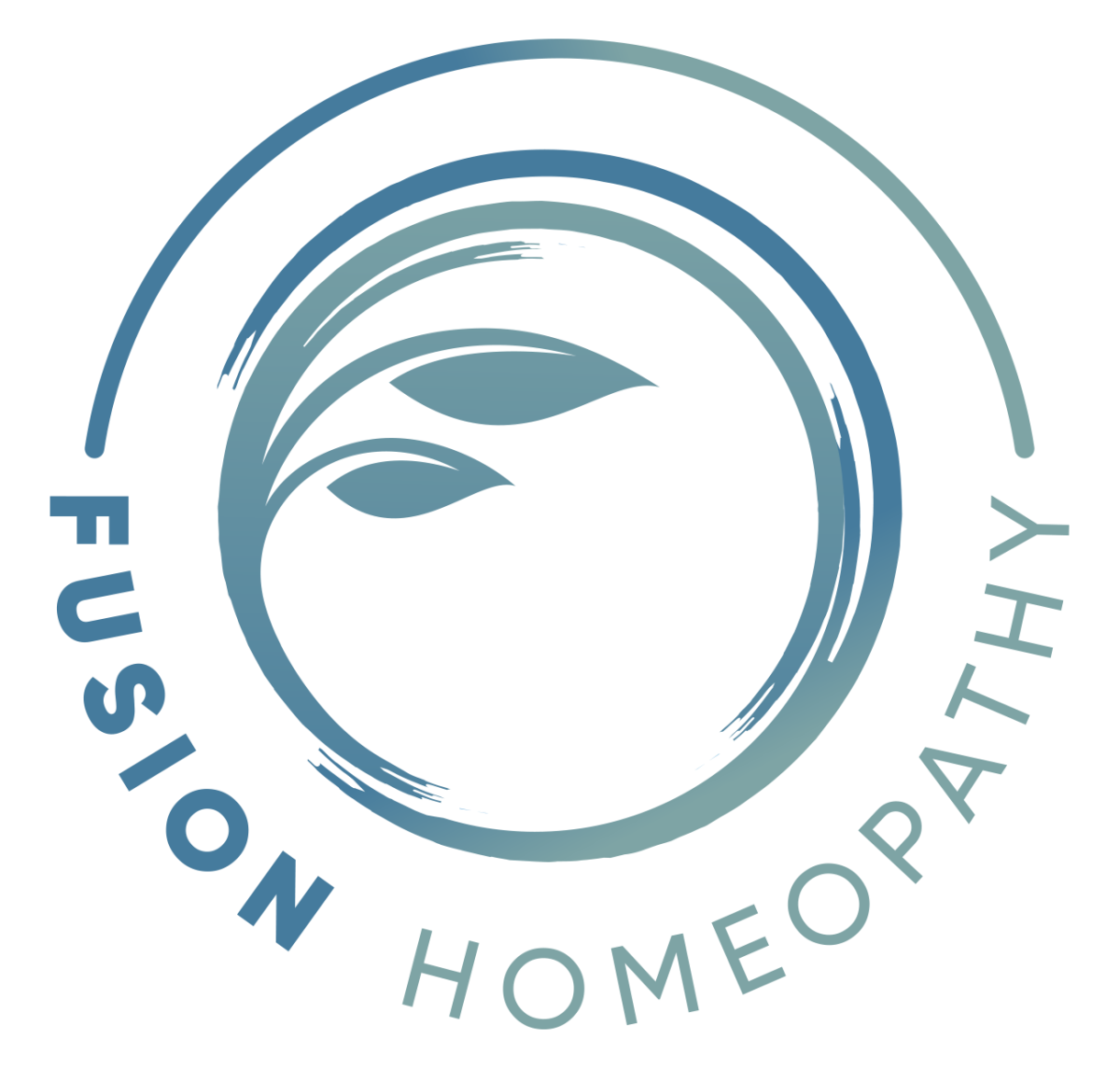What is Homeopathy?
Homeopathy is a form of alternative medicine that was developed in the late 18th century by Samuel Hahnemann, a German physician. The fundamental principle behind homeopathy is "like cures like," meaning that a substance that causes symptoms in a healthy person can be used to treat similar symptoms in a sick person.
The basic tenets of homeopathy include:
Law of Similars: As mentioned earlier, this principle suggests that a substance that produces symptoms in a healthy individual can be used to treat similar symptoms in a sick person. For example, if a substance causes fever and headache in a healthy person, it might be used to treat someone suffering from a fever and headache.
Individualization: Homeopathic treatment is highly individualized. Each person's symptoms and overall state of health are taken into account to determine the most appropriate homeopathic remedy.
Potentization: Homeopathic remedies are made from substances derived from plants, minerals, or animals. The process of potentization involves serial dilution and succussion (vigorous shaking). This process enhances the healing properties of the remedies while minimizing potential side effects.
Law of Minimum Dose: Homeopathic remedies are typically administered in highly diluted forms. The belief is that the more a substance is diluted, the more potent it becomes and the less likely it is to cause harm.
Homeopathy is relatively inexpensive yet very effective with no side effects.
The basic tenets of homeopathy include:
Law of Similars: As mentioned earlier, this principle suggests that a substance that produces symptoms in a healthy individual can be used to treat similar symptoms in a sick person. For example, if a substance causes fever and headache in a healthy person, it might be used to treat someone suffering from a fever and headache.
Individualization: Homeopathic treatment is highly individualized. Each person's symptoms and overall state of health are taken into account to determine the most appropriate homeopathic remedy.
Potentization: Homeopathic remedies are made from substances derived from plants, minerals, or animals. The process of potentization involves serial dilution and succussion (vigorous shaking). This process enhances the healing properties of the remedies while minimizing potential side effects.
Law of Minimum Dose: Homeopathic remedies are typically administered in highly diluted forms. The belief is that the more a substance is diluted, the more potent it becomes and the less likely it is to cause harm.
Homeopathy is relatively inexpensive yet very effective with no side effects.
